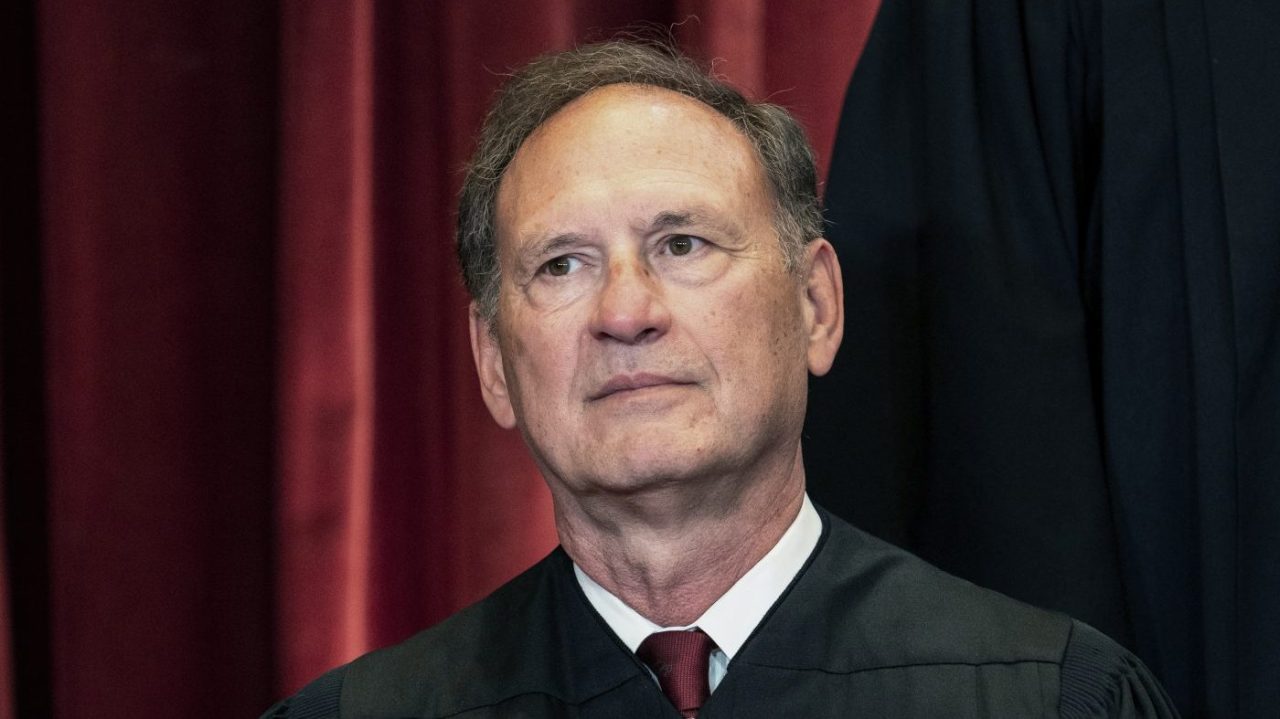Supreme Court Justice Samuel Alito no doubt intended to shock the political world when he told interviewers for the Wall Street Journal that “No provision in the Constitution gives [Congress] the authority to regulate the Supreme Court — period.”
Many observers dismissed his comment out of hand, noting the express language in Article III, establishing the court’s jurisdiction under “such regulations as the Congress shall make.”
But Alito wasn’t bluffing. His recently issued statement, declining to recuse himself in a controversial case, was issued without a single citation or reference to the controlling federal statute. Nor did he mention or adhere to the test for recusal that other justices have acknowledged in similar circumstances. It was as though he declared himself above the law.



I can’t tell you how happy I am to see someone point this out here.
As if the ridiculous set of laws we have weren’t bloated enough already, the nearly bottomless stack of court cases that modify them all and stack on each other make it impossible to have a fair trial.
It’s telling that the people who want to eliminate the Executive Departments because they don’t have Constitutional authority to create laws have been silent on Judicial Review.
Agreed. Personally, I think it is because we don’t bother to really teach the Constitution in schools. We summarize the Bill of Rights, read the first line or to of the Constitution and Declaration of Independence, and then pretend students understand it.